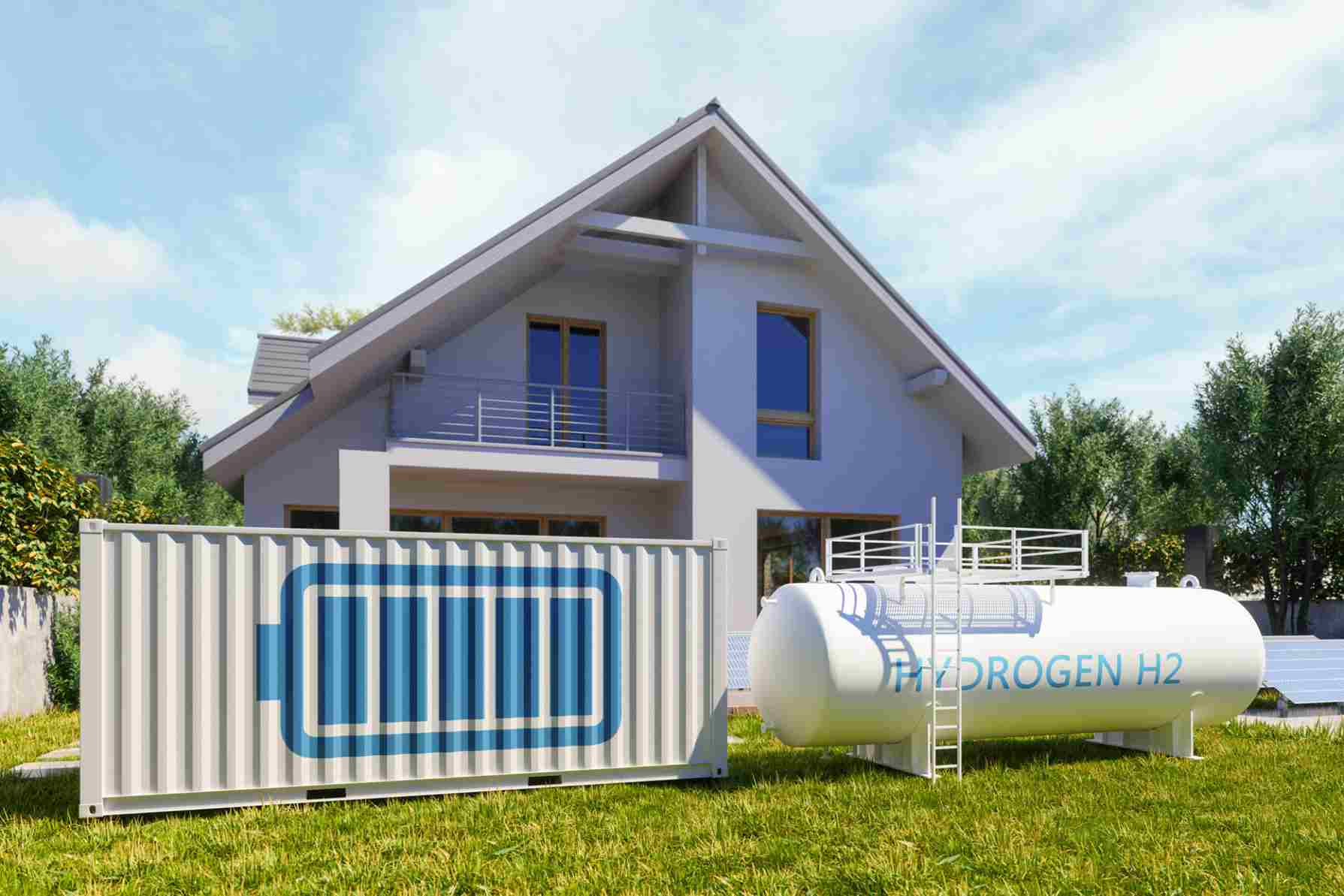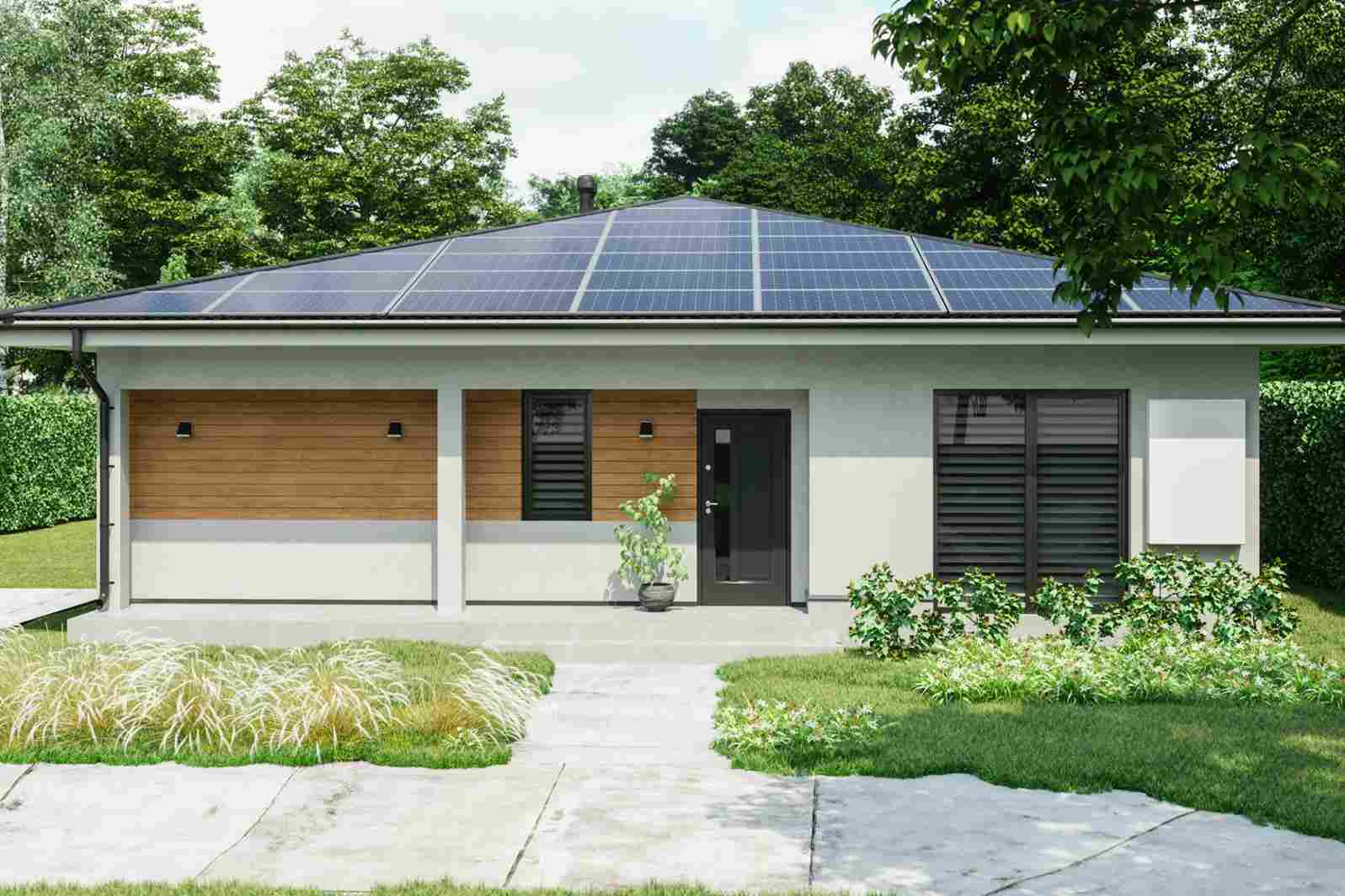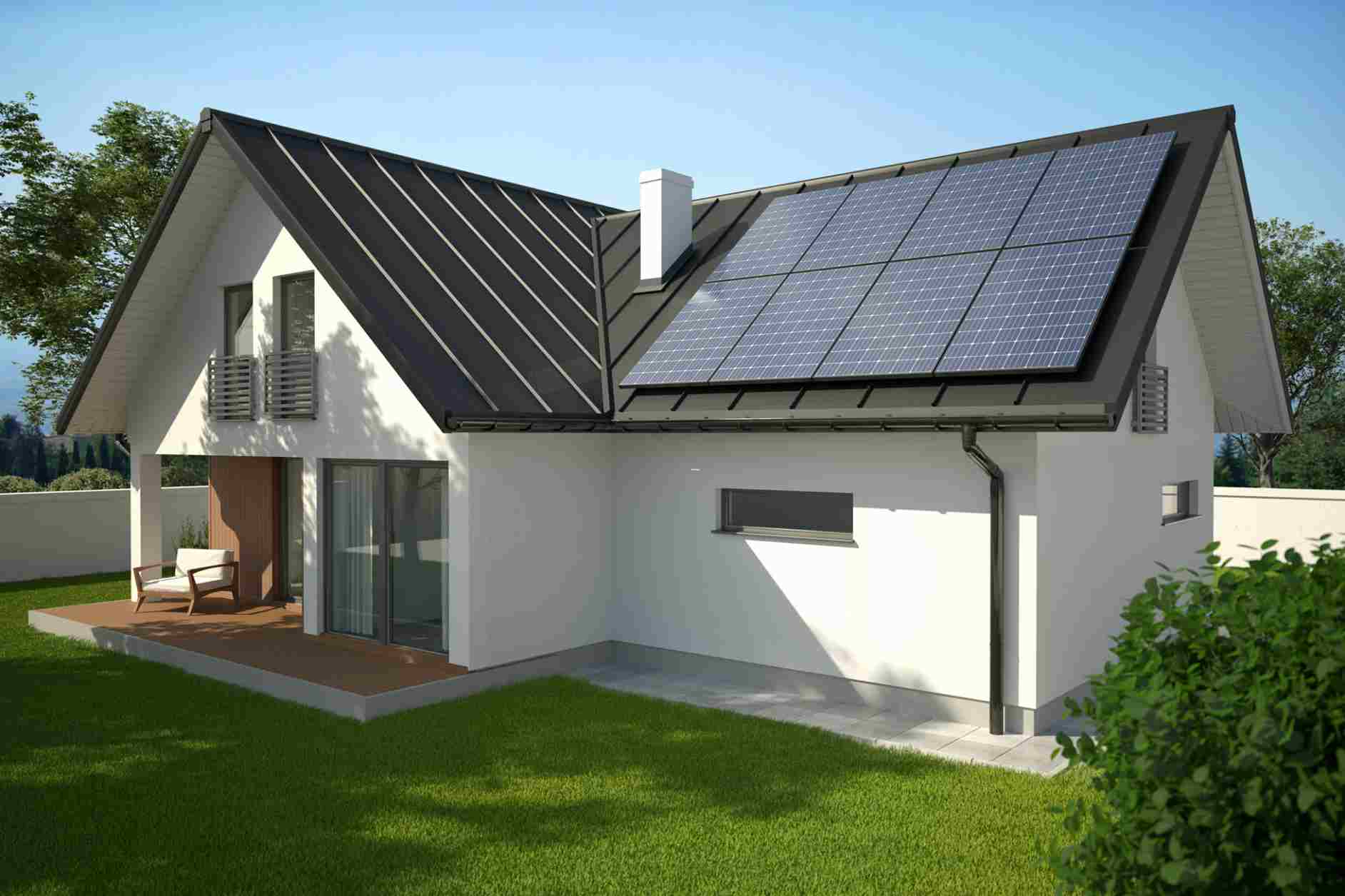
In the changing world of home improvement it has become essential to incorporate technologies. One groundbreaking advancement in this field is the integration of panel battery systems into homes.
This article explores how these integrated systems are revolutionizing homes by not providing energy but also enhancing efficiency, resilience and overall quality of life for homeowners.
Expanding the Potential of Solar Power
This addresses environmental impact, challenges, and future trends, offering a comprehensive overview of how solar power continues to redefine our approach to clean, renewable energy.
- Beyond Generating Electricity: While solar panels have long been associated with generating electricity the incorporation of battery systems takes power to new heights. These systems store excess energy generated during the day for use during times when sunlight’s scarce or during power outages.
- Boosting Energy Independence: Solar panel battery systems empower homeowners to store surplus energy reducing their dependence on the grid and giving them a sense of energy self sufficiency.
Components of Integrated Systems
Additionally, it emphasizes the role of energy storage through batteries, enabling homeowners to store excess energy for use during periods of low sunlight or power outages. If you are looking for the best solar panel battery system you can also check this website.

- Solar Panels: The foundation of these systems lies in panels that capture sunlight and convert it into electricity.
- Inverter Technology: Inverters play a role by converting current (DC) from solar panels into alternating current (AC) suitable for household use.
Revolutionizing Home Improvement through Integrated Systems
This segment delves into the transformative impact of integrated systems, specifically focusing on the convergence of solar panels and battery storage. By seamlessly combining energy generation and storage, these systems enhance energy efficiency, resilience during power outages, and contribute to a more sustainable lifestyle.
- Optimized Energy Management: By integrating panel battery systems homeowners can effectively manage their energy consumption by utilizing stored solar energy during peak demand periods.
- Reduced Dependence on the Grid: By reducing reliance on power grids homeowners not only contribute to a greener environment but also safeguard themselves from fluctuating energy costs.
Resilience in the Face of Power Outages
It highlights the importance of such resilience in maintaining normalcy, protecting critical appliances, and contributing to overall household preparedness.
- Uninterrupted Power Supply: During power outages integrated systems seamlessly switch to battery power ensuring that homeowners have a supply of electricity.
- Emergency Readiness: Solar panel battery systems enhance household preparedness during emergencies by ensuring that energy-efficient appliances remain functional.
Environmental Impact
This section of the article delves into how widespread use of solar energy significantly reduces carbon footprints, contributing to the global transition towards cleaner energy sources.
- Lowering Carbon Emissions: The combination of panels and battery storage significantly decreases dependence on renewable energy sources leading to a substantial reduction in carbon emissions.
- Promoting Practices: Homeowners with integrated systems serve as advocates for living and inspire their communities to follow suit.

The Practicalities of Installation
This section of the article discusses the professional assessments conducted, including site evaluations to determine optimal panel placement. It emphasizes the customization of solutions based on individual energy needs and architectural considerations.
- Thorough Site Assessment: Prior to installation experts conduct an evaluation considering factors such as sunlight exposure and structural aspects to determine the placement of solar panels and batteries.
- Tailored Solutions: Recognizing that each home is unique, professional installers customize solutions based on energy requirements and architectural considerations.
- The Rise of Lithium Ion: Lithium ion batteries have emerged as the leading technology in panel battery systems due to their energy density and longer lifespan.
Considering Financial Factors and Incentives
This section delves into the initial investment required, emphasizing potential long-term savings through reduced energy bills.
- Upfront Expenditure: Installing solar panel battery systems may involve costs, including expenses for solar panels, inverters and batteries.
- Return on Investment: Despite the expenditure homeowners can often enjoy long term savings through reduced energy bills and potential incentives.
Government Incentives and Rebates
This provides a glimpse into the pivotal role that government policies play in fostering the growth of sustainable energy solutions and incentivizing individuals to embrace solar power for both economic and environmental benefits.
- Tax Credits: Many governments provide tax credits. Rebates to encourage the adoption of panel battery systems making them more accessible for a wider range of homeowners.
- Encouraging Energy Independence: Some regions offer incentives to promote energy independence recognizing its impact on overall grid resilience.
Embracing Evolving Lifestyles and Home Values
This segment delves into how choosing solar power reflects a commitment to environmental consciousness and sustainable living.
- Environmental Awareness: Homeowners who opt for solar panel battery systems demonstrate a commitment to conservation and embracing sustainable living practices. Educational Opportunities Integrated systems present homeowners with the chance to understand their energy consumption habits and make informed decisions to minimize their impact.

- Market Appeal: Homes equipped with solar panel battery systems often attract conscious buyers resulting in higher market appeal.
- Energy Efficient Certifications: In some areas certifications, for energy homes are available which further enhance the value of the property.
Future Trends in Battery Technology
It encapsulates the anticipation of novel technologies that may revolutionize how we store and utilize energy in the years to come.
- Next Generation Batteries: research and development aim to introduce next generation batteries that will improve efficiency, reduce costs and enhance sustainability further.
- Integration with Smart Home Systems: The future of integrated systems involves integration with home technologies. This integration allows for control and optimization of energy usage in homes.
Conclusion
Integrated solar panel battery systems are a solution for home improvement. They offer homeowners an efficient energy solution. As technology progresses the incorporation of energy and battery storage becomes both a decision and a demonstration of dedication, to creating a more eco friendly and sustainable future.
By transforming how we power our households these combined systems are reshaping the outlook of homes. Paving the path, towards embracing an environmentally aware lifestyle.






